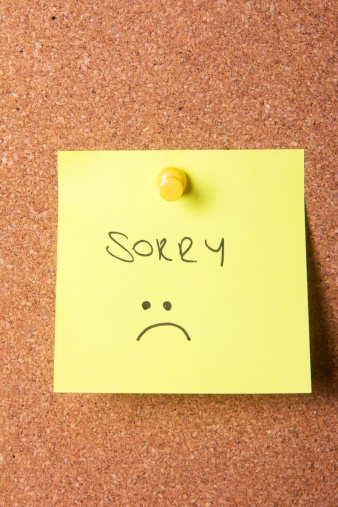
Via Wait: The Art and Science of Delay:
Aaron Lazare devotes two full chapters of On Apology and much of his subsequent research to questions of timing and delay. He finds that effective apologies typically contain four parts:
1. Acknowledge that you did it.
2. Explain what happened.
3. Express remorse.
4. Repair the damage, as much as you can.
This aligns with previous research on effective apologies:
Results indicated that relationships recovered significantly when offending partners used behaviors labeled as explicit acknowledgment, nonverbal assurance, and compensation.
What also turns out to be crucial is the timing of apologies — faster is not better. People need to feel they are heard and understood so a delayed apology is more satisfying.
Via Wait: The Art and Science of Delay:
The results were stark: “Apology timing was positively correlated with outcome satisfaction; when the apology came later in the conflict, participants reported greater satisfaction.” Statistical tests showed that, the greater the delay, the more a victim felt heard and understood. With more time, there was more opportunity for voice and understanding.
Let’s put this into context with some of the other things we’ve learned about effective apologies:
Join over 180,000 readers. Get a free weekly update via email here.
This piece originally appeared on Barking Up the Wrong Tree.
Related posts:
New Harvard Research Reveals A Fun Way To Be More Successful
More Must-Reads from TIME
- Donald Trump Is TIME's 2024 Person of the Year
- Why We Chose Trump as Person of the Year
- Is Intermittent Fasting Good or Bad for You?
- The 100 Must-Read Books of 2024
- The 20 Best Christmas TV Episodes
- Column: If Optimism Feels Ridiculous Now, Try Hope
- The Future of Climate Action Is Trade Policy
- Merle Bombardieri Is Helping People Make the Baby Decision
Contact us at letters@time.com